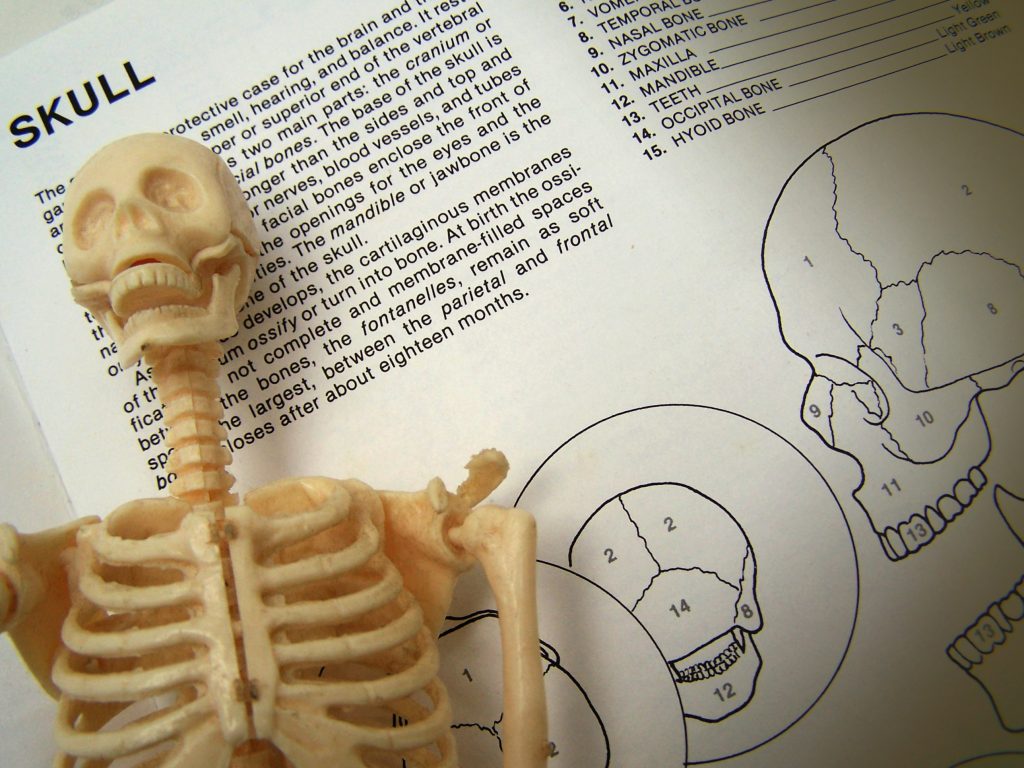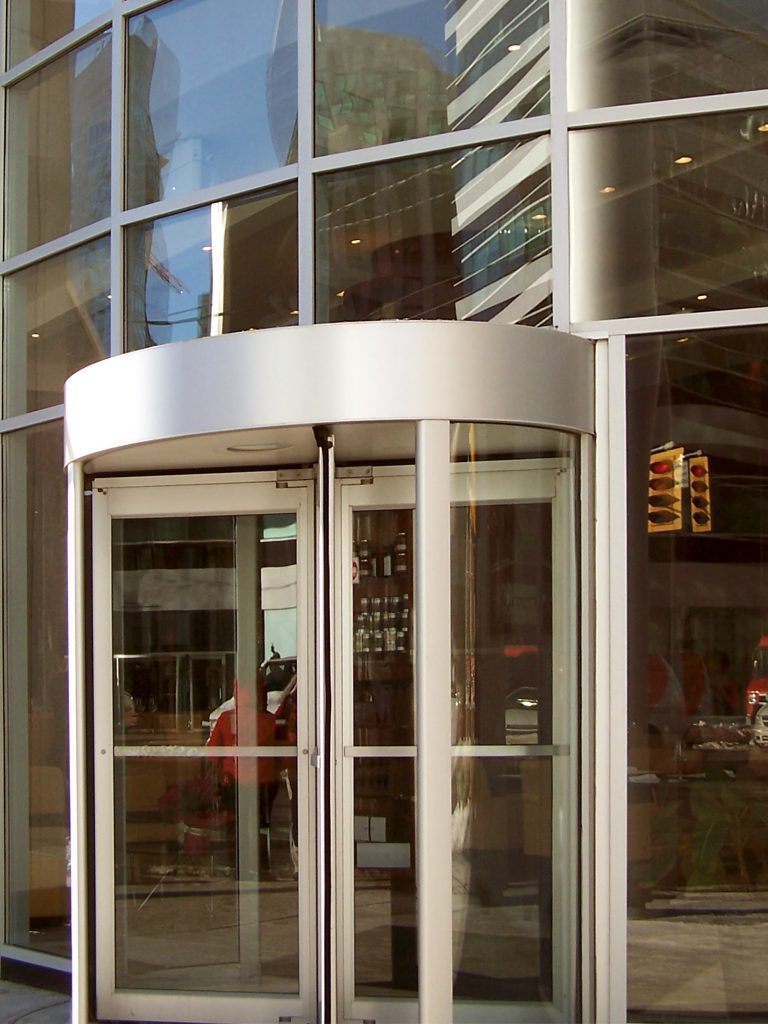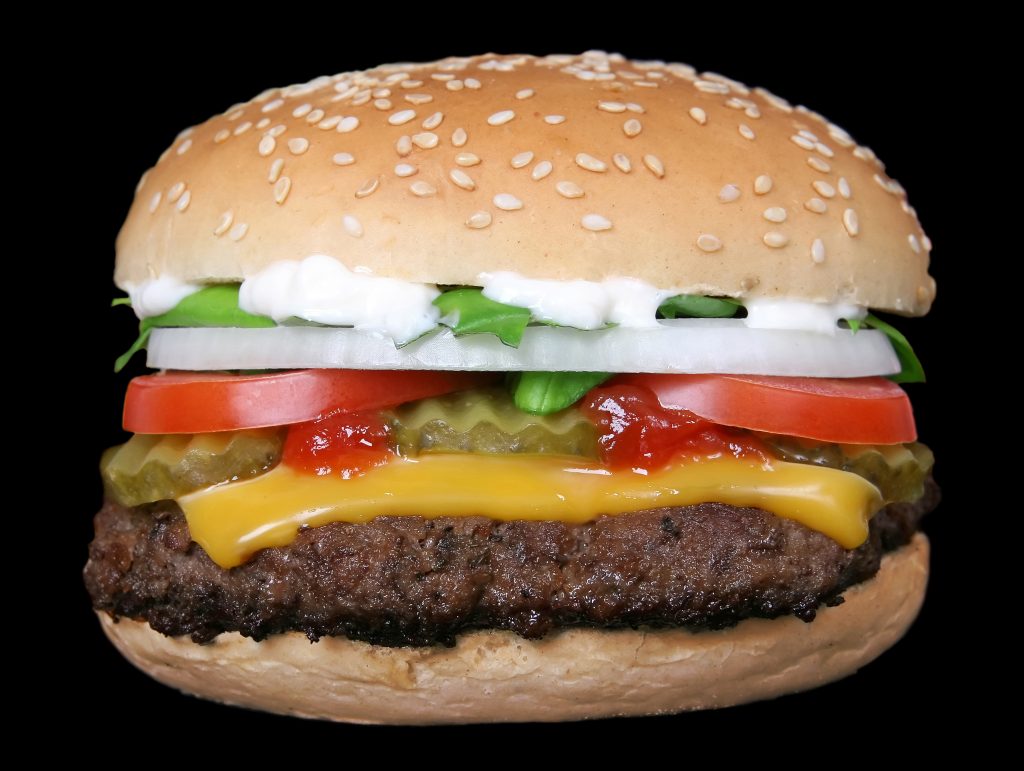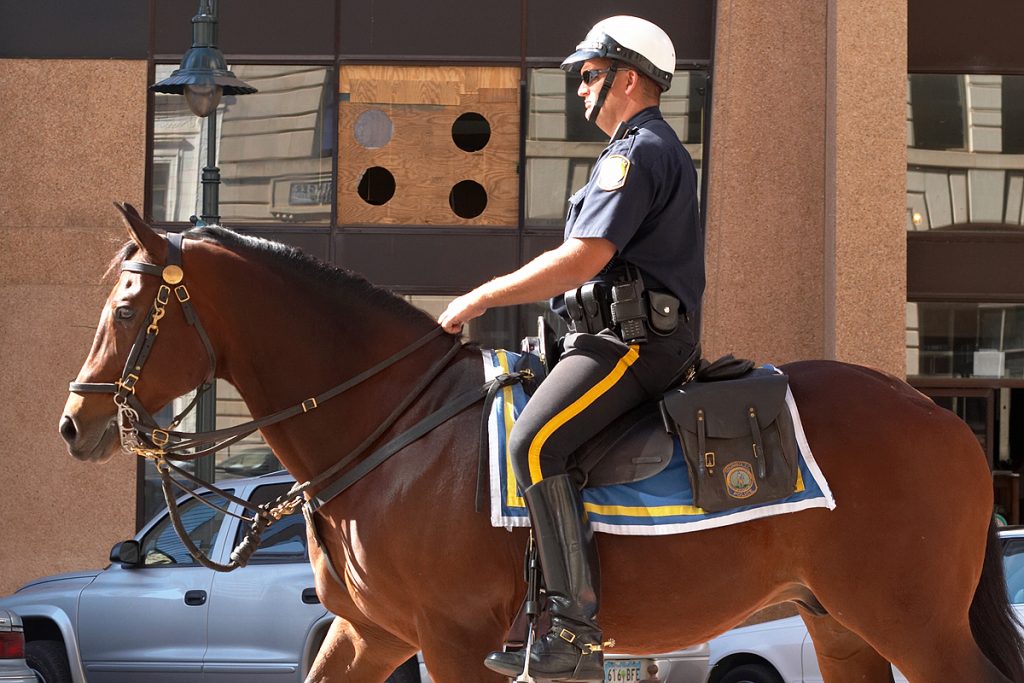
Sometimes going shopping on Black Friday can be dangerous, as Sylvia Scott learned when she went shopping at the Dillard’s Department Store at Esplanade Mall in Kenner, Louisiana and slipped on a plastic sign that had fallen to the floor. A business might be liable for such a misfortune if they are aware of a hazard and have not taken the proper steps to remedy the hazard before a customer gets injured. However, sometimes an accident is just an unfortunate accident, and that is why it is important for all parties, whether they are an injured customer or a business worried about facing a lawsuit, to seek out excellent lawyers to represent their interests when someone gets hurt. The following case out of Jefferson Parish discusses the burdens Louisiana Courts place upon plaintiffs to show that their accident was no accident at all.
On the morning of the incident, Ms. Scott went to Dillard’s to take advantage of the store’s Black Friday deals. She entered the store at 8:30 a.m., just a half hour after the store had opened, and slipped and fell on a “cling sign” that had fallen off the door. Ms. Scott did not accept medical attention on the scene, but eventually needed pain management, physical therapy, and surgery for the injuries she suffered due to the fall. It was at that point that Ms. Scott sued Dillard’s for her injuries, alleging that Dillard’s did not exercise reasonable care in inspecting the premises and was therefore liable for her injuries.
In Louisiana, the plaintiff bears the initial burden of proving each element of a slip-and-fall claim. See La. R.S. 9:2800.6(B). A merchant owes a duty of care to keep the premises in a reasonably safe condition, including the aisles, passageways, and floors. In order for the merchant to be liable for an injury caused by a slip-and-fall, several elements must be established. First, the condition must have presented an unreasonable risk of harm and the risk must have been reasonably foreseeable. Second, the merchant must have created the condition or had actual or constructive notice of it, prior to the accident occurring. Finally, the merchant must have failed to take reasonable steps to remedy the condition. Essentially, the plaintiff must show that the condition was dangerous and it was foreseeable that it could cause an injury. The merchant must have either caused the condition, known of its existence, or should have been aware of its existence if properly monitoring the store. Finally, the merchant must have neglected to take action to fix the condition or cordon off the area where it existed so that customers are reasonably protected from injury. The plaintiff must establish all of these elements, and failing to establish a single element will be fatal to the claim.

 Louisiana Personal Injury Lawyer Blog
Louisiana Personal Injury Lawyer Blog










 In Louisiana, employers are considered to be vicariously liable for the wrongdoings of their employees.
In Louisiana, employers are considered to be vicariously liable for the wrongdoings of their employees.